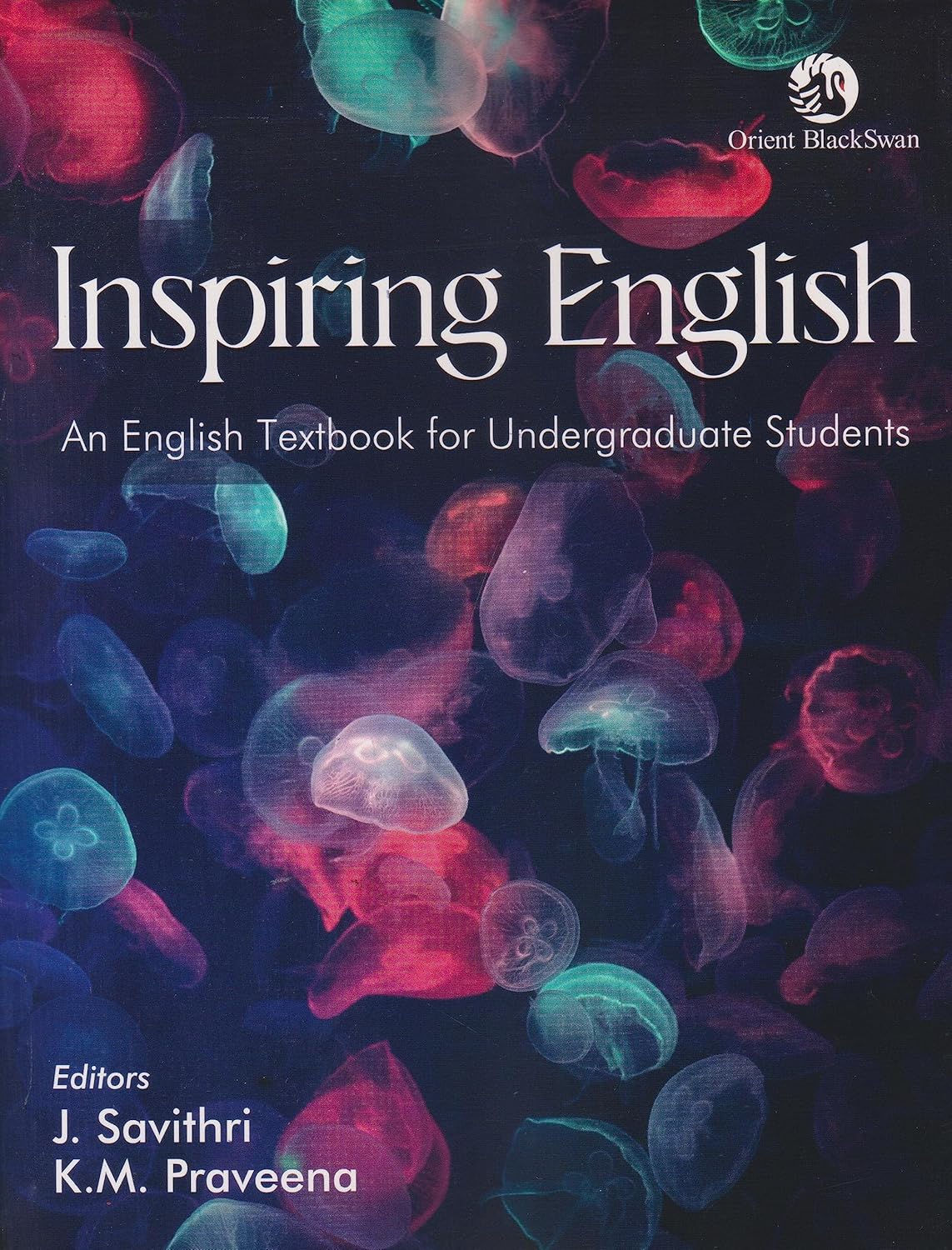COURSE SUMMARY:
The course provides a comprehensive introduction to information technology and its application in business environments. It covers essential concepts in computer systems, software, networks, information systems, multimedia, internet technologies, and office management applications. The course is designed to equip students with the foundational knowledge and skills needed to effectively utilize IT in business operations and decision-making.

- Teacher: MAHANTA CHAUHAN

- Teacher: Dr SAIKIRAN D
- Teacher: Dr MANOJ KANTH SIRRA
Quality
is the most significant characteristic of product or service in today’s world.
This course introduces traditional and modern quality perspectives and gives the students an overview of TQM by explaining the
salient contributions of Quality management gurus like Deming, Juran and
Crosby.

- Teacher: PHEBI PRIYADARSINI P
Faculty of Management
Program-Year-Semester-2023-2026: III SEMESTER
Academic Year: 2024-2025
|
Course code |
303 |
|
Course type |
DSE 303 |
|
Course Title |
FINANCIAL MANAGEMENT |
|
Teaching hours per week (Theory) |
5 |
|
Lab hours per week |
- |
|
Credits |
5 |
1. Instructor Details:
Name : ANURADHA EMANI
Email ID : anuradhaemani@stmaryscollege.in
About the Instructor : While I’ve always felt driven to be a facilitator, the joy I felt from facilitating the growth and development of the students at St Mary’s College only reaffirmed my passion. Although I’ll continue to hone my teaching skills as I work in the classroom, I believe that my enthusiasm, positive attitude, and hands-on experience working with the students at will make me an excellent educator. I look forward to a career where I can help shape young minds and make a difference in the lives of the kids in my own community.”
2. Course Details:
Course Summary: This course introduces students to the concepts and theories of corporate finance that underlie the techniques which are offered as aids for the understanding, evaluation and resolution of financial managers’ problems.
Course Objectives:
1. To learn about the scope and goal of financial management.
2. To familiarize the student with the concepts of long term and short-term investment
decisions.
3. To understand the sources of capital.
4. To learn about receivables and inventory management
Course Outcomes
1. To apply project appraisal methods to cash flows.
2. To understand the determinants of capital structure
3. To learn about dividend practices of companies
4. To calculate working capital requirements of firms
3. Syllabus:
UNIT – I : NATURE OF FINANCIAL MANAGEMENT :
Finance and relation with other disciplines; Scope of Financial Management; Profit
Maximization Vs. Wealth Maximization Vs. Value Maximin Traditional and Modern
Approach of FM; Functions of finance – Objectives of Financial Management;
Investment Decision, Financing Decision, Current Assets Management Decision and
Dividend Decision - Organisation of finance function;
UNIT – II : CONCEPT OF TIME VALUE OF MONEY :
Concept of Time Value of Money, compounding, discounting, present value, future value,
and annuity; capital budgeting –meaning, features; applications of Discounted Cash
Flow (DCF) in capital budgeting, calculation of NPV and IRR
UNIT - III : SOURCES OF LONG TERM FINANCE :
Sources of Long term finance- features of equity shares, preference shares, debentures,
long term loans; Capital Structure – meaning, determinants of capital structure; cost of
capital – component costs of capital, weighted average cost of capital; Dividend Policy
Decision – types of dividend, determinants of dividend policy.
UNIT - IV: WORKING CAPITAL MANAGEMENT :
Gross Vs net working capital, determinants of working capital; Management of Cash -
Preparation of Cash Budgets (Receipts and Payment Method only); Cash management
technique (Lock box, concentration banking)
UNIT - V: RECEIVABLES MANAGEMENT – OBJECTIVES :
Credit Policy, Cash Discount, Debtors Outstanding and Ageing Analysis; Inventory
Management - - ABC Analysis; Minimum Level; Maximum Level; EOQ (Basic Model);
Reorder Level; Safety Stock
4. Text Books/ Reference Books:
1. I M Pandey-Financial Management-Pearson 2022
2. M.Y Khan and Jain-Financial Management- Tata McGraw Hill,
3. Prasanna Chandra,“Financial Management Theory and Practice”, 7th Ed. Tata McGraw
Hill,
4. S.N Maheshwari- Financial Management-Vikas
5. Shah, Financial Management, Wiley
6. Jonathan Berk, Peter DeMarzo, Ashok Thampy, “Financial Management”, Pearson.
7. Rajiv Srivastava and Anil Misra, “Financial Management” Oxford University Press
8. Brigham, E. F. and Ehrhardt. M. C., “Financial Management Theory and
Practice”,Thomson South-Western
6. Evaluation Scheme: .
There will be 2 internal exams of 15 marks each and one Assignment of 5 marks.
2. Internal Exam Pattern: 10 MCQ type questions, 10 Fill in the blanks and 5 short answer type.
3. There will be a Pre-final exam of 80 marks at the end of the course.
7. Instructions to Students(if any):
1. Students are requested to be in class before Lecturer comes into the class room.
2. Late entries (After 5 Minutes) into the class are strictly prohibited.
7. INSTRUCTION TO STUDENTS
1. The students will be asked to write a complete answer for two questions in each unit in A4 size papers.
2. The students will be asked to solve the case study in either softcopy or in A4 size paper.
3. There will be a Pre-final exam of 80 marks at the end of the course.
4. Pre- final Pattern : For Short Answers Questions : need to answer 5 out of 8 Questions 5*4 =20,
4. Pre- final Pattern : For Short Answers Questions : need to answer 5 out of 8 Questions 5*4 =20,
8.TEACHING METHODOLOGY:
1. Lecture – chalk and talk method
2. Activity based teaching
3. PowerPoint presentations
4. Discussion – group discussion/brain storming
5. Case study
.
- Teacher: ANURADHA EMANI
Preparing the individual for entering the job market in all preparedness is the prime outcome of Higher Education. This course develops the professional skills required to venture into a successful career, by equipping students with career and team skills. Since an individual should be able to demonstrate intuitive, logical, critical thinking, communication, and interpersonal skills, it becomes imperative for students to acquire these skills and be ready to face the competitive world outside.
- Teacher: Dr SAIKIRAN D
- Teacher: Dr RAJITA ANAND SINGH
